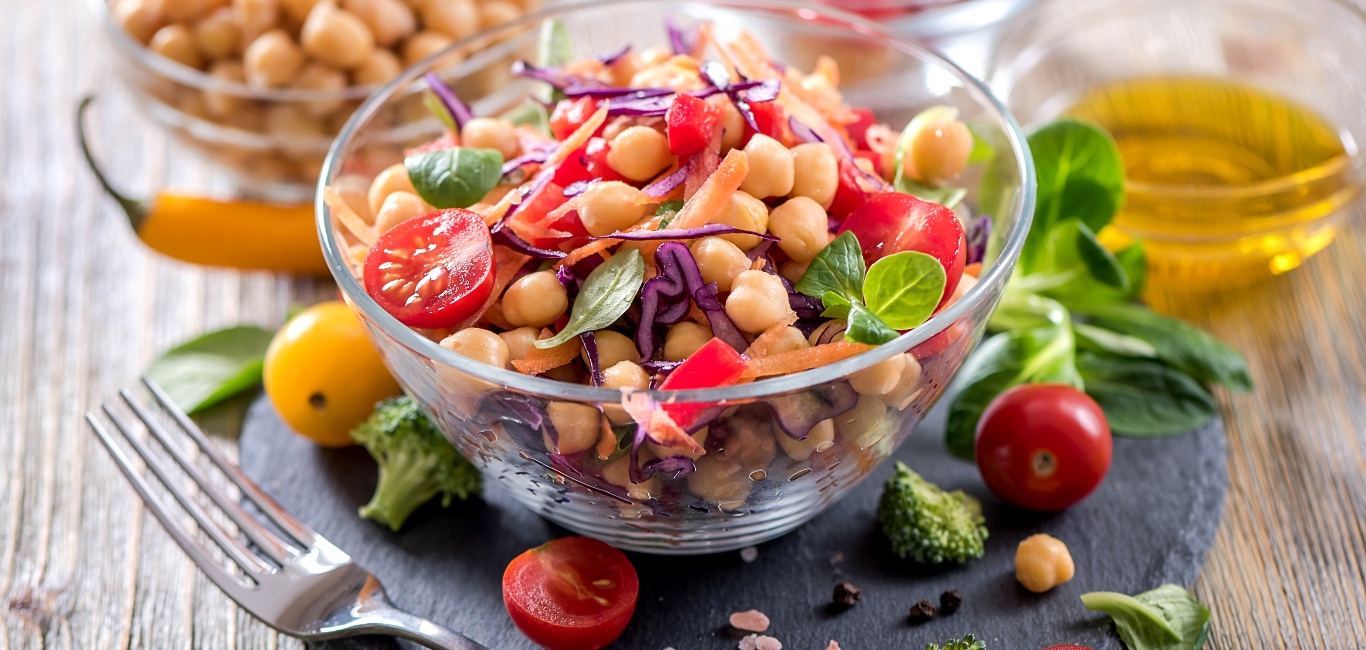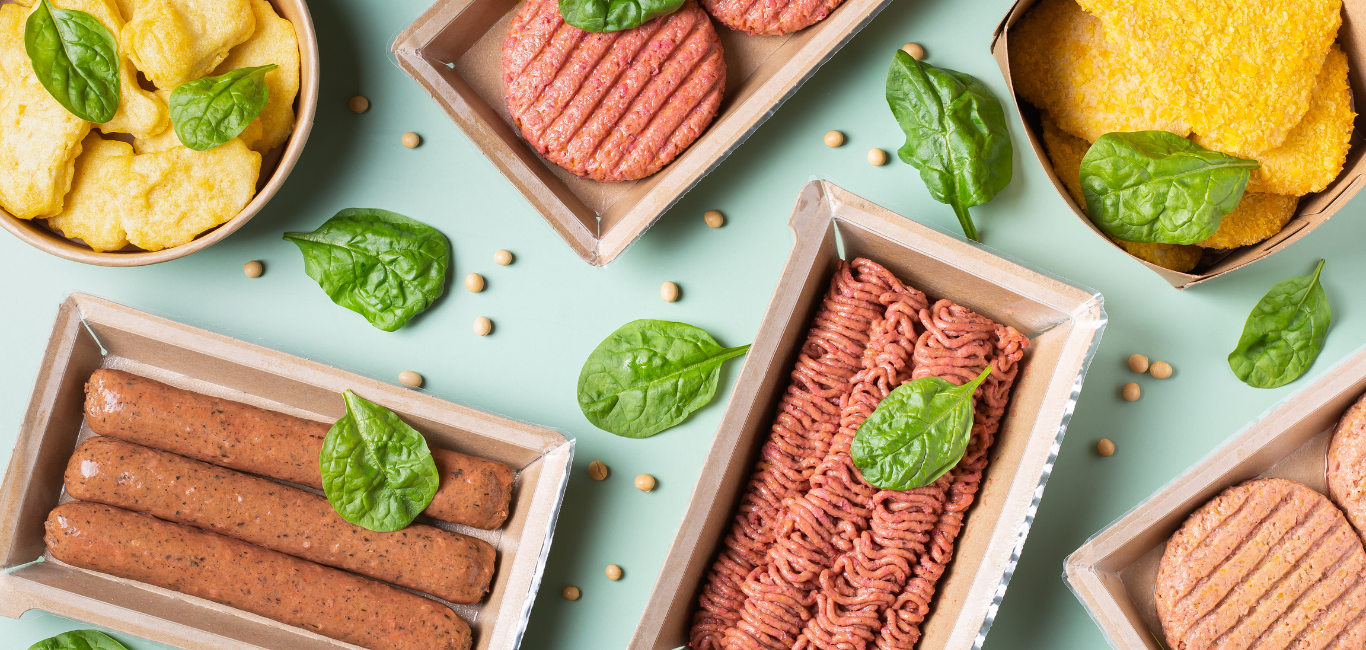
While our body requires proteins for some intrinsic functions, it is incapable of storing these nutrients. Hence, it is imperative to consume a certain amount of proteins every single day. Out of the 22 amino acids that make up each protein, the body depends on nine essential amino acids from dietary sources. The two sources of protein are animals and plants.
But the debate on “plant protein vs animal protein”, which source is superior is never-ending — and has yet to reach a conclusion. Happiest Health dives deeper to give you a 360-degree view of both the protein sources and help you choose better.
Difference between animal and plant proteins
“The type of proteins consumed is more important than the amount,” says Samyukta Raju, head nutritionist, NWS (Nourish with Sim), an online training and nutrition platform based in Bengaluru. “Animal proteins are considered superior in quality for their higher bioavailability (absorption in the body) and muscle-loss recovery.”
Bengaluru-based Ridhika Puliani, a registered dietitian with a master’s in public nutrition, says the difference lies in the internal amino acid make-up of the proteins. The sources of protein also vary, based primarily on the types and number of amino acids they contain.
“Animal proteins are complete sources of protein, which means they contain all the nine essential amino acids required from an external dietary source,” Puliani says. “Apart from that, they are also a good source of vitamin B12 and heme iron — a type of iron more readily absorbed than the one found in plant proteins. Plant proteins lack one or more amino acids.”
Why not just animal proteins then?
But things are not that simple — animal proteins too are a mixed bag.
Protein sources that are low in saturated fat, unprocessed or high in heart-healthy unsaturated fats and omega-3s are most ideal. They increase lean-muscle mass and are responsible for the reduction in muscle loss. Consuming fish reduces the rate of cognitive decline and heart diseases in individuals.
Red meat, on the other hand, is high in cholesterol, saturated fats and sodium. Processed animal products such as nuggets and sausages are also high in sodium and fat.
A comprehensive review article on the correlation between animal proteins and cancer — published by the University of California San Francisco, a leading academic medical centre — showed a positive association between high meat intake and the following cancers: esophageal, lung, pancreatic, colorectal, breast and stomach. Mixed results were seen for a correlation between meat intake and endometrial, bladder, or ovary cancer.
The article said factors such as the method of cooking (cooking at a high temperature), the processing of meat (smoking, salting, curing), industry husbandry practices (use of pesticides, animals fed with grain-based diets) and the nutrient content (fats, heme iron, choline) of animal proteins significantly influence the risk of cancer.
Preeti Tyagi, a certified health coach from the Institute of Integrative Nutrition, New York, talked to Happiest Health about why red meat should not be eliminated from the diet. She said red meat does come with a heavy risk of fats, but it also contains lots of vitamins and minerals, so it need not be eliminated completely from the diet. “One to two servings per week (150gm) is safe,” she says. “If suffering from any heart diseases or health issues — like high cholesterol, high blood pressure — then 70-80gm per week is advisable.”
Tyagi recommends opting for leaner options such as pork loin, tenderloin and center-cut chops for pork, and flank, round, sirloin and tenderloin for steak.
Plant proteins
A US survey by the International Food Information Council, a research organization based in Washington DC, found that 28 per cent of people reported eating more protein from plant sources in 2020 compared to a year before.
The Multidisciplinary Publishing Institute, a Switzerland-based publisher of scientific journals, mentions a 2020 study that says, “It has now become much easier for consumers to boost their intake of plant proteins via the availability of multiple plant-based protein isolates and concentrates (soy, pea, canola, potato, fava, etc.) in the food industry. It was once difficult for individuals to take in relatively large amounts of protein from whole plant foods because they typically have a low percentage of protein. However, plant protein isolates and concentrates, which often contain 80 per cent or more protein by weight, make it possible to consume 10–20gm or more of plant-based protein per one serving of a ready-to-drink shake or powder mix.”
Tyagi says that although plant proteins are good sources of protein, their bioavailability in the digestion process is much less. “Moreover, all of them are sources of carbohydrates (high in calories) and don’t contain all the essential nine amino acids,” she says. “Hence a combination of different plant proteins in one meal portion is recommended.”
Puliani says that a common misconception about plant proteins is that all of them lack certain essential amino acids and therefore cannot be considered complete protein sources. “But quinoa, soybean, tofu, rice, buckwheat, amaranth, chia seeds, nuts and nutritional yeast are complete proteins,” she says.
Raju says that plant proteins cannot be disregarded entirely since they provide many nutrients, fibre and antioxidants, and are the least inflammatory.

What about vegetarians and diabetics?
According to Tyagi, it is not impossible for vegetarians to have a healthy protein diet, but meal planning can be complicated. Nuts, seeds, nut butter, green vegetables, beans, soy foods, milk and dairy products can be incorporated into the diet. For ‘eggetarians’, eggs in the diet can be great protein boosters.
“For diabetics, it is important to get energy gradually so that it burns well,” Tyagi says. “Hence, they must include whole grains and complex carbohydrates in their diet instead of refined carbs and whole legumes instead of the broken and peeled ones. Also, smaller portion sizes and smaller frequent meals are advised to maintain the sugar levels.”
Pariksha Rao, a senior clinical nutritionist from Bengaluru, recommends high-protein grains like quinoa and teff for diabetics to meet the protein requirements. For vegetarians, she suggests incorporating pulses, legumes, tofu and vegan milk.
“For type 1 diabetics, monitoring their actual carbohydrate intake minutely is extremely important,” says Raju. “For balancing the protein intake, protein supplements can be an immediate dietary intervention but not a sustainable alternative. Hence natural home-cooked food is better.”
Mubaraka Palanpurwala, a senior dietitian from Bengaluru, does not recommend protein supplements for diabetics since they go through a lot of processing. Also, both preservatives (to increase shelf life) and sugar (for enhancing flavour) are added to these supplements.
Another of Palanpurwala’s suggestions is to soak legumes and lentils for a minimum of three hours before cooking to reduce acidity levels.
Benefits of plant proteins
Plant proteins are less calorie dense and, studies indicate, play a significant role in cancer prevention and are also associated with a lower incidence of cardiovascular diseases, weight loss and type 2 diabetes management.
And beyond the wellness factor, plant proteins also contribute to the environment in terms of land use, freshwater consumption and greenhouse emissions, according to the Washington DC-based World Resources Institute.
The winner?
“For non-vegetarians, consuming proteins from healthy animal protein sources and combining it with various plant sources would be ideal to meet the protein requirement,” says Puliani. “Vegetarians should include a variety of plant proteins to ensure a good meal plan.”

















